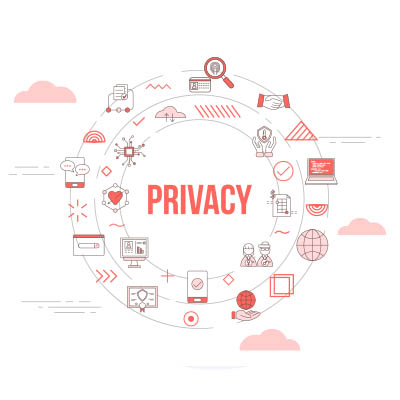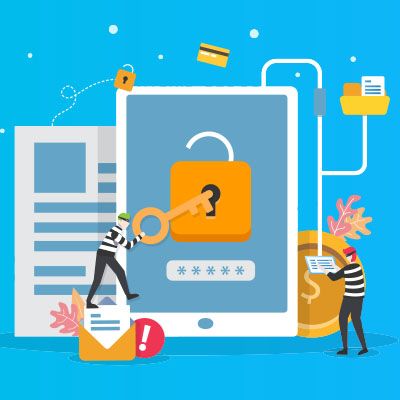Sometimes, companies don’t take the privacy of their services as seriously as they should, as evidenced by Meta, the parent company of Facebook, WhatsApp, and Instagram. Despite their popularity, these services have had several security and privacy issues over the years. Today, we want to look at some of these services’ most notable privacy and security breaches.
If your organization has an internal IT department, chances are they’re managing a complex infrastructure while being understaffed and overworked. This isn’t a criticism; it’s simply the reality for many SMBs (we understand this well). We can ease the burden on your IT team and streamline your technology management.
Humans have all kinds of stakes in digital security thanks to today’s online world demanding that we be more online than ever. Whether it’s personal information or financial details, you can bet everyone is at risk to some degree. Today, we want to examine why individuals—even technology professionals—are not immune to data theft.
It’s no secret that data security is of paramount importance, with phishing and ransomware making weekly appearances in the news cycle at this point. You need to prioritize your business data’s privacy. Otherwise, you’re apt to suffer from your data being accessed without authorization and all the consequences that come with this outcome. Today’s criminals are very capable, which makes it challenging to protect yourself. Here, we’ve put together some essential strategies to make it easier.
Every organization must implement a baseline of cybersecurity measures, encompassing elements such as firewalls, antivirus software, VPNs, encryption, and centrally managed security policies. However, the evolving landscape of cyberthreats means that modern cybercriminals are adept at circumventing these defenses.





